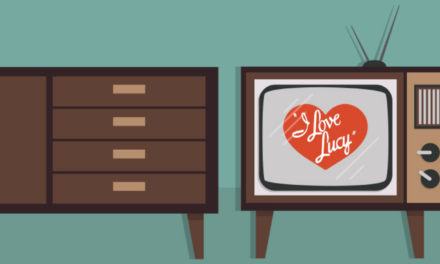The last time I wrote about Downton Abbey was over 3 years ago, in a post entitled Down on Downton Abbey.
On that post, I spoke about my disappointment with Matthew’s death, and the fact that I found out about it even before I started watching Season 3 (he died at the end of it), due to the series being shown first in the UK.
Frankly, I thought that I would stop watching the show. I had loved Matthew and Mary’s story and didn’t know how successfully the show could go on without them. But I kept watching.
I kept watching because I loved the acting, because I truly escaped into another world that is so far away from what we live today, because I was curious to see how Mary would evolve, and mostly because I also fell in love with the Dowager Countess (Maggie Smith). I really want to be her when I grow up, same wit but without the British accent (well ok, maybe with the accent as well).
Maggie Smith was simply wonderful playing the role. However, she accomplished an even more important feat. At 81 years old, she has shown that the entertainment industry’s ageism against women is foolish.
Leaving Smith aside (sadly), I turn to a brief analysis of the final season. I was satisfied with the way most of the story lines were wrapped up. So good that the Bates were able to have a baby after so much tragedy in their lives. Ditto for Lady Edith who not only found love but her own courage as well. The Violet/Isobel hospital battle between tradition and modernity, and the awakening of Cora’s professional side were very interesting stories that needed to be told not only as a sign of the times, but as a signal to us viewers that Downton was moving fast away from how it started, into the future, and that it was time to end the story.
However, I admit that I was more than a little disappointed with Lady Mary and Henry Talbot’s story and it’s probably because it was rushed. It certainly couldn’t be a problem with Matthew Goode’s acting as he was excellent in The Good Wife. In fact, he did the best he could with what he was given. But I felt that Mary’s resistance to him was resolved too quickly (she was a hyper-snob after all), and the chemistry between them was somewhat off, possibly a consequence of not having enough time to develop their story. I never understood why they didn’t pursue Mary’s and Charles Blake’s storyline. No lack of chemistry there and plenty of time to experiment with it.
All in all, I was—still am— a huge fan of the show. In a TV landscape filled with crime, high-action, legal and medical dramas, and where often the casting, acting, and storylines leave a lot to be desired, I am grateful for Downton Abbey and more than a bit down now that it’s gone.











